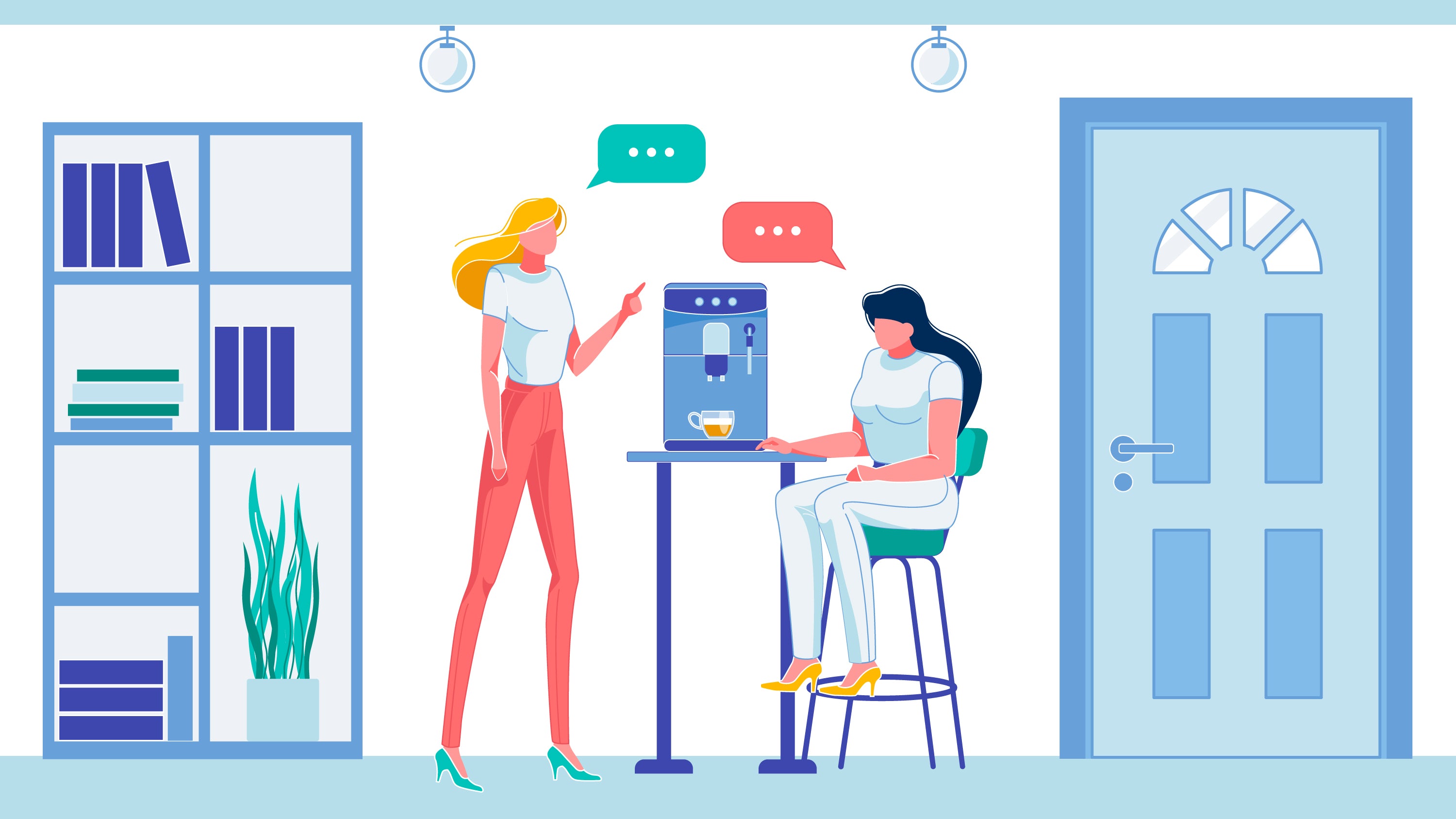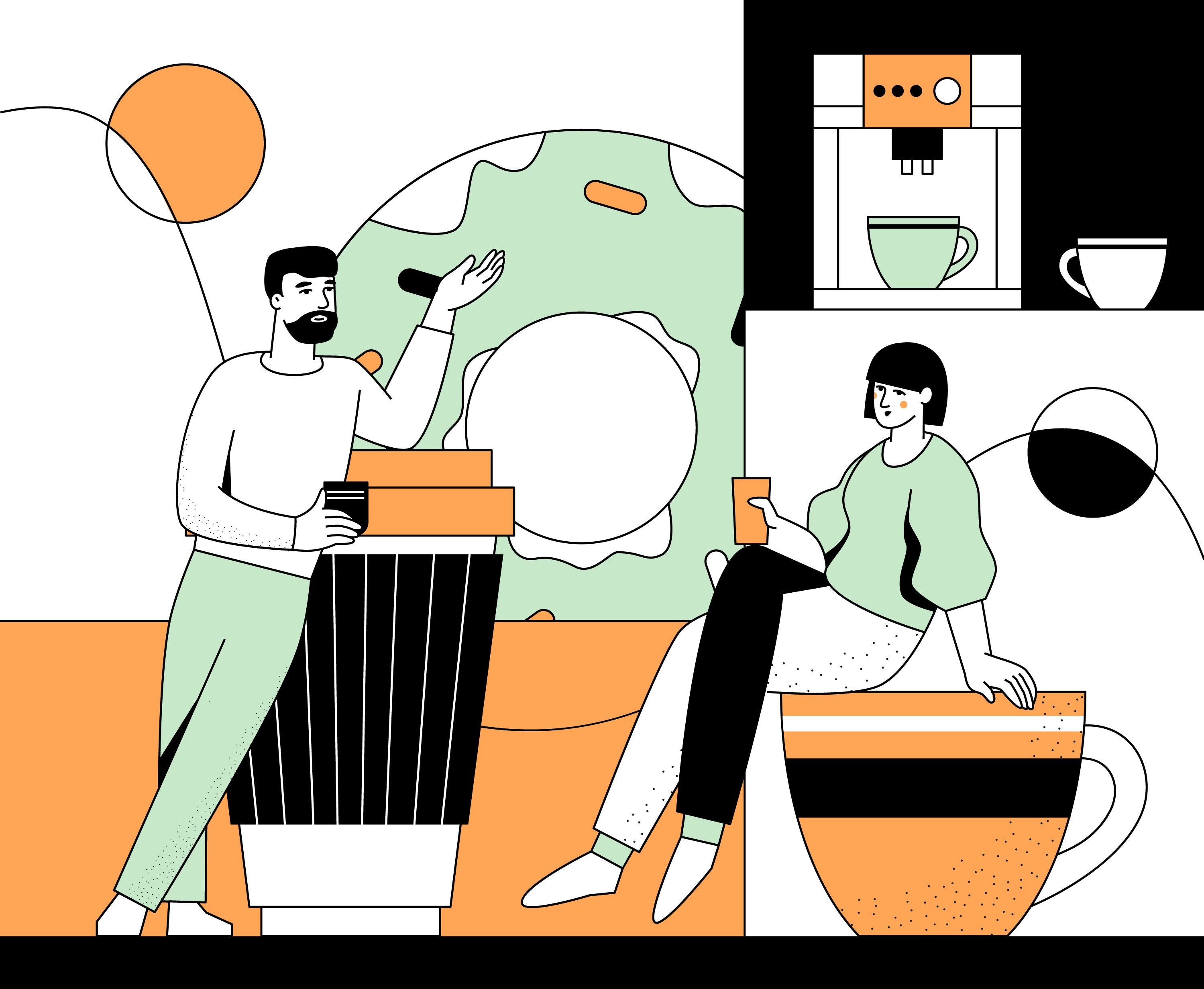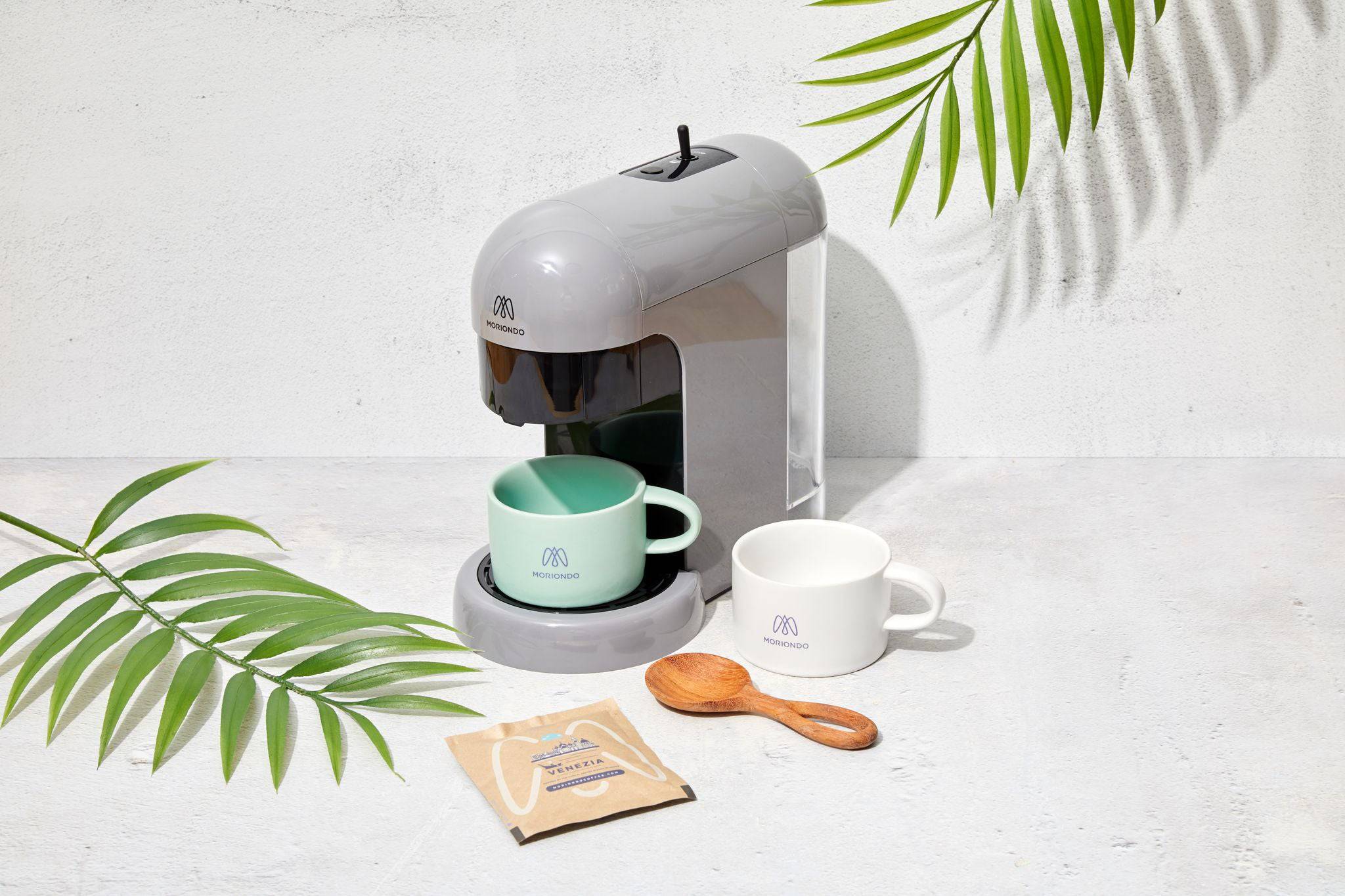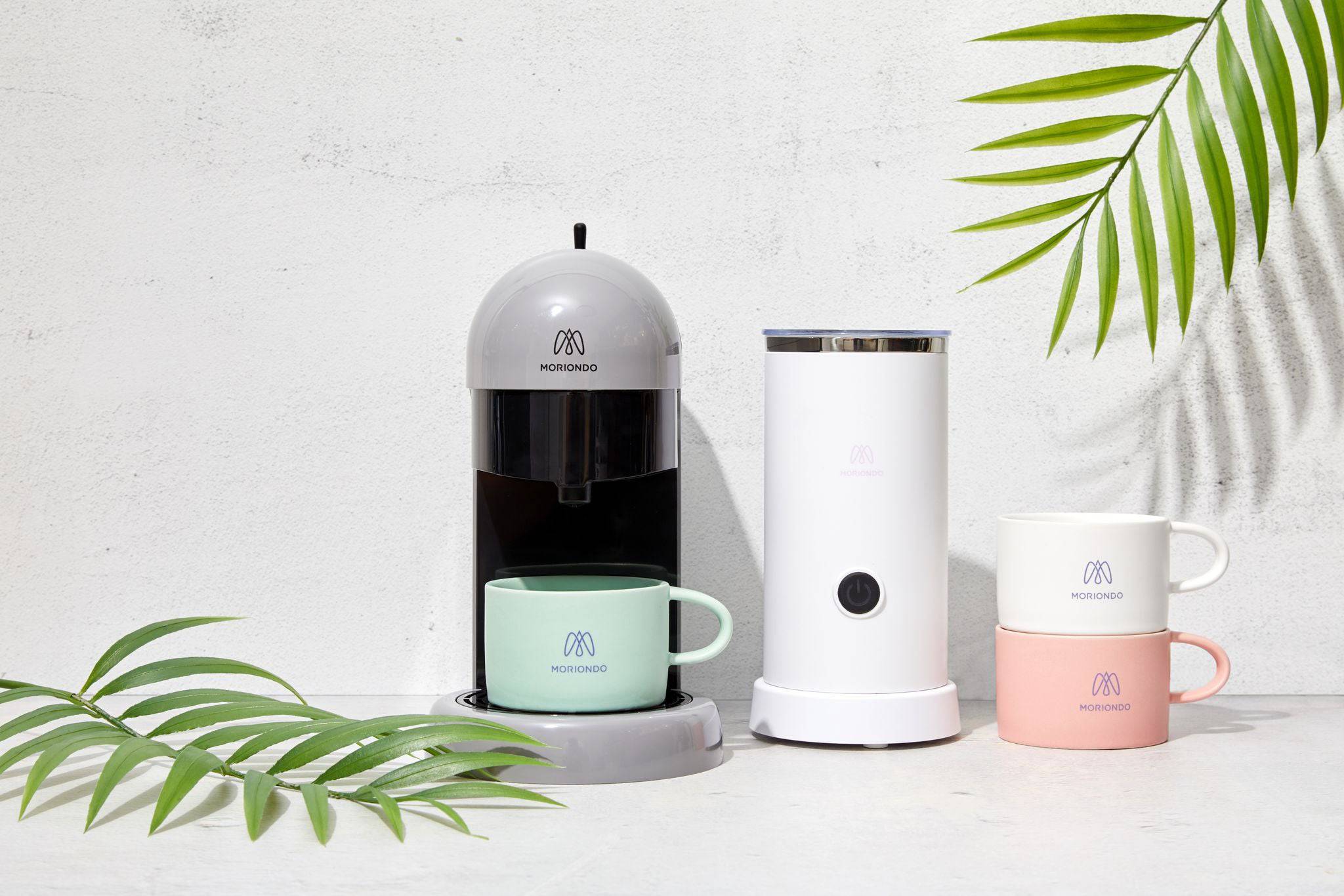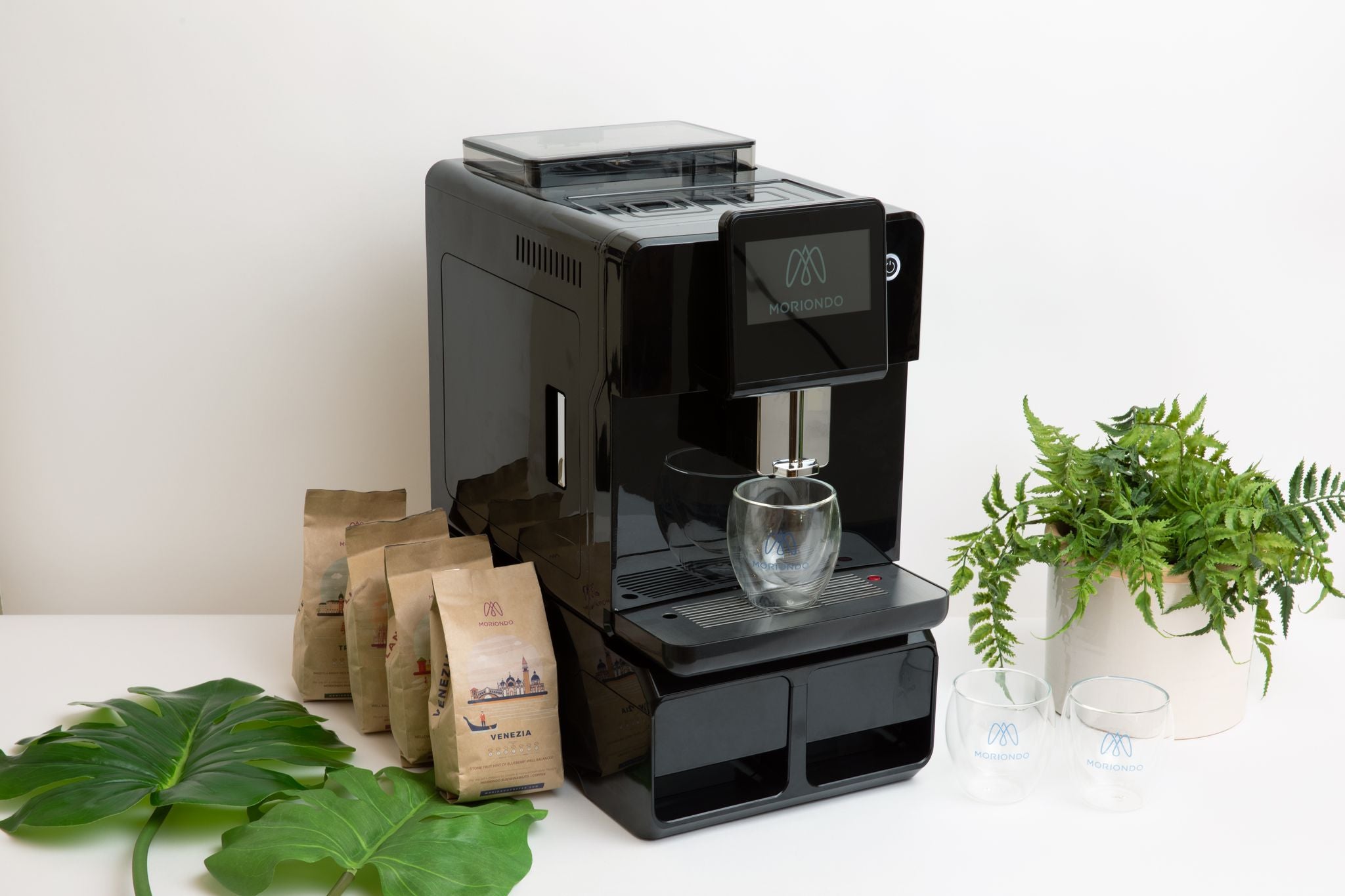The Best Way to Drink Coffee
No matter what the day brings, a hot cup of coffee is always a great way to start it off right!
Whether you prefer light and sweet or rich and bold, there are so many different types of coffee to try.
From single-origin coffees to espresso blends, each type has its own unique flavor profile that can be enjoyed in various ways.
Whether you're looking for a slow-brewed pour-over or an espresso shot on the go, you'll find something worth savoring when it comes to coffee.
Not only does this drink bring pleasure, but there are also some amazing health benefits associated with it too.
From improving your focus and concentration to helping reduce the risk of certain diseases such as heart disease, drinking coffee can certainly help give your body and mind a boost.
So what's the best way to drink coffee? Here are some tips to help you enjoy your cup of joe like a true connoisseur.
11 Healthiest Ways to Drink coffee
1. Filtering Coffee (drip coffee)

Filtering coffee is one of the best ways to enjoy a single cup of joe. By filtering out oils and other compounds, you can produce an incredibly clean and flavorful cup of coffee.
Whether it's using a pour-over or French press method, you'll be able to get the most out of your beans while still preserving the natural flavors and aromas.
According to experts, the best type of coffee beans to use for filtering is medium-dark roasted Arabica beans.
This gives you a smooth and balanced cup that's perfect for savoring on its own or adding sweeteners and creamers.
2. Grinding Your Own Coffee Beans
Grinding your own coffee beans is another great way to ensure that you're getting the freshest and most flavorful cup of joe possible.
Investing in a grinder will also give you more control over how fine/coarse your coffee grounds are as well as how much flavor extraction takes place when brewing.
This will allow you to customize each cup according to your preferences. Also, grinding your own beans is a great way to save money since buying pre-ground coffee can be significantly more expensive.
3. Drinking Coffee Black
When it comes to appreciating the flavor of your coffee, coffee aficionados prefer to drink their cup black.
This allows you to better experience the subtle nuances and complexities of each type of bean without any added ingredients masking the taste.
Depending on the origin, some coffees can have notes of chocolate, nuts, citrus, and more.
According to a recent study, people who drink their coffee black tend to have a higher level of appreciation for the flavor profile than those who add sweeteners and creamers.
So go ahead and give it a try - you might be surprised at how much more you enjoy your cup of joe without any additives.
And if you're looking for a way to make your hot coffee even healthier, try adding collagen or other healthy fats and hot water that can help reduce inflammation while providing energy-boosting nutrients.
4. Brewing Espresso
Espresso can be tricky to get right, but when made correctly, it yields a wonderfully smooth and creamy cup of coffee.
It's also an excellent foundation for many popular drinks, such as lattes, cappuccinos, and macchiatos.
To get the best results from brewing coffee, it's important to invest in a quality espresso machine that can achieve the perfect extraction levels and temperature for your beans.
Additionally, you'll want to make sure you're using fresh grounds that are finely ground for optimal flavor extraction.
5. Cold Brew Coffee
If you prefer cold caffeinated beverages over hot ones, then making cold brew is definitely the way to go.
This method involves steeping coarsely ground coffee beans in cold water overnight before straining out the grounds and serving chilled or over-iced coffee.
Coffee brewed with cold water typically has less acidity than regular coffee, so it's easier on the stomach and can even taste sweeter without adding any sugar.
Additionally, cold brew typically has a higher caffeine content, so it can provide you with a bigger boost of energy throughout the day.
A study by Harvard T.H. Chan School of Public Health also found that cold brew has more antioxidants than regular coffee, which can help improve your overall health.
6. Plain Coffee with Nothing Added
For those who prefer a clean cup of coffee, you can still enjoy a great-tasting cup without adding any sweeteners or creamer.
By choosing the right beans and brewing method, you can get all the flavor you want without compromising your health.
If you're looking for some additional flavor, consider using flavorful oils such as vanilla or almond extract to add a hint of sweetness.
Or, if you're feeling adventurous, try spicing up your cup with some cinnamon or nutmeg for an added kick.
7. Coffee with Cinnamon
Is cinnamon good in coffee? Yes, it can be!
Cinnamon is a great way to add some subtle sweetness and flavor to your cup of joe without having to add sugar or cream.
In addition, cinnamon has many health benefits, such as being loaded with antioxidants and helping regulate blood sugar levels.
Try adding a sprinkle of ground cinnamon or even a cinnamon stick for an extra hint of flavor.
8. Coffee with Milk

Adding milk is a popular way to bring out the natural flavors in coffee while also making it more enjoyable for those who don't like the taste of black coffee.
Some people prefer dairy milk, such as whole or skim; others opt for non-dairy alternatives like almond, coconut, or oat milk.
Whichever type you choose, make sure to use high-quality milk and don't overdo it – too much can make your coffee taste watered down.
9. Coffee with Coconut Oil
Coconut oil is an excellent option if you're looking for something healthy to add to your coffee.
It's rich in medium-chain triglycerides, which have been shown to increase energy levels and help you feel fuller for longer periods of time.
Plus, it adds a nice flavor that pairs well with coffee. Simply add one teaspoon of coconut oil to your hot or cold beverage and enjoy the benefits.
According to a publication by medicine net, mixing coconut oil in coffee is an effective way to get the energy-boosting benefits of MCTs.
10. Coffee with Less Added sugar.
Is sugar in coffee bad? Too much added sugar can be unhealthy for your body, so it's best to limit your intake.
Instead of loading up on white or brown sugar, try using natural sweeteners like honey or maple syrup.
You'll get all the sweetness you need without any of the added calories that come from traditional sugars.
11. Coffee with Other Healthy Additions
For those who are looking for ways to make their coffee even healthier, try adding collagen or other healthy fats that can help reduce inflammation while providing energy-boosting nutrients.
Additionally, nut milk and butter provide a creamy texture and can add some vitamins and minerals to your cup.
Lastly, spices such as cinnamon or cardamom are great additions that give coffee an extra flavor kick.
12. Consider the caffeine content.
Finally, it's important to consider the caffeine content of your coffee.
Caffeine is a stimulant and can be beneficial in moderate amounts, but excessive intake can lead to health issues such as headaches or insomnia.
To ensure you're not overdoing it, try drinking decaf coffee or limiting your daily intake.
The recommended amount of caffeine per day is 400 milligrams for adults, so if you're drinking more than that, it's best to cut back.
Also, the timing of your coffee intake can affect how it affects your body – drinking coffee late in the day, especially before bedtime, can interfere with sleep.
Drinking Coffee with Class
Now that you know how to make a great cup of coffee, it's time to learn how to drink it with class.
There are some things you should do and some things you should avoid when sipping on your favorite brewed coffee.
Some general tips include:
- Using good-quality coffee cups that are specifically designed for hot beverages.
- You should take small sips and avoid slurping or making loud noises while drinking.
- Drink slowly to savor the flavor instead of chugging it.
- Never add too much sugar or cream as it can alter the flavor and be unhealthy.
Remember, drinking coffee should be an enjoyable experience that you appreciate and savor.
Taking the time to make a delicious cup with healthy ingredients will ensure you get all the benefits without sacrificing taste.
So, What is the Best Way to Drink Coffee?
There's no one "right" way to drink coffee – it's all about finding what works best for you. If you enjoy the flavor of filtered coffee, then, by all means, stick with that!
But if you're looking for something a little more basic, plain black coffee is always a good option.
Whatever your preference may be, make sure to use high-quality ingredients in your coffee brewing methods and take your time to enjoy each sip.
With these tips in mind, you're well on your way to becoming a coffee connoisseur.
Happy sipping!
Good Tasting Coffee: How to Identify Coffee Flavors

In order to appreciate the different types of coffee available, it's important to cultivate an awareness of its unique characteristics. Let's take a look at the way coffee connoisseurs judge different cups of coffee.
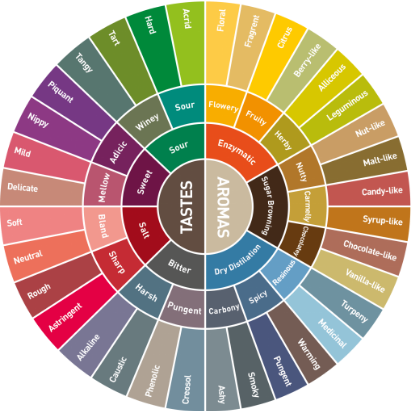
Aroma
The scent of a cup of coffee has a direct influence on how we perceive its flavor. As you drink coffee try to notice if the scent is smoky, fruity, earthy, spicy, nutty or grassy.
Acidity
One of the most defining characteristics of a cup of coffee is its acidity. This is the sharp, bright tangy quality of coffee that perks up our senses. Coffee doesn’t necessarily contain just one type of acid, either. It may contain citric acid, malic acid (fruity in flavor) or even quinic acid from stale coffee, which gives us stomach aches.
Body
This is the weight, thickness and texture of coffee in your mouth. The body of different types of coffee falls on a spectrum of light- to full-bodied viscosity (thin to thick).
Flavor
This is where comparisons come in handy and there is some overlap between aroma and flavor. Your coffee might taste bitter, sweet, savory or sour with common comparisons to chocolate, wine or fruit.
Related Posts

